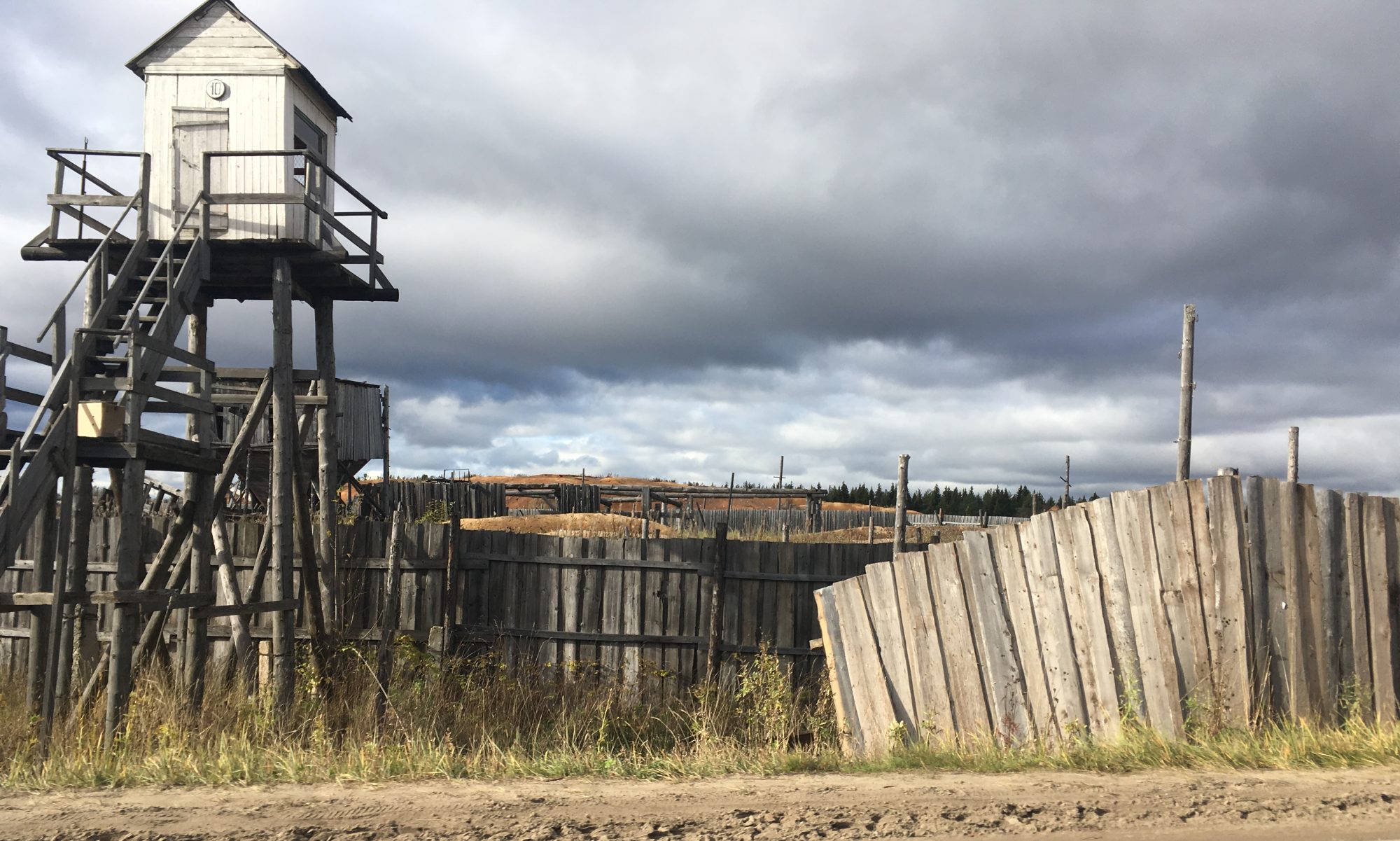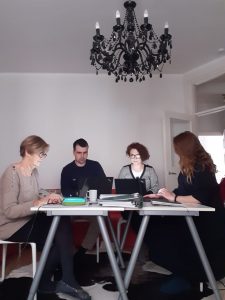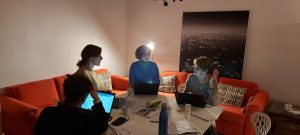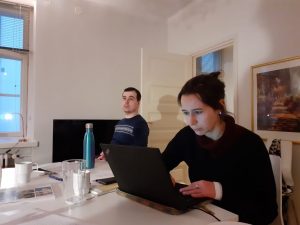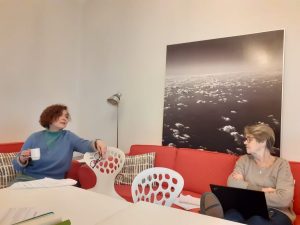Three members of the GULAGECHOES team took part in a conference: Globalising Eastern Europe – New Perspectives on Transregional Entanglements that took place in Leipzig and online 20-24 April 2021.
The panel was entitled “Transregional entanglements of Crime and Punishment”. It gave members of the GULAGECHOES team to present some of their preliminary findings from the fieldwork that we have been able to undertake, despite COVID-19. Dr Costanza Curro gave a paper on her work on reform in the Georgina prison system: “Perspectives on the Europeanisation of Georgia’s penal system” and Dr Rustam Urinboyev presented the interviews he took with former Uzbek prisoners who served their sentences in Russian penitentiaries: “Locked up in Russia: transnational prisoners’ social relationships within and across the prison walls”. These were put in the context of post-1989-1991 members of the former communist countries of international human rights organisations by Professor Bill Bowring of Birkbeck College, the University of London and the project leader, Professor Judith Pallot, who also organised the panel. Dr Sofiya Gavrilova of the IFL, Leipzig chaired and commentated.
The conference was organised by the British Association for Slavonic and East European Studies (BASEES) Regional Conference in conjunction with Leibniz Science Campus “Eastern Europe – Global Area” (EEGA)
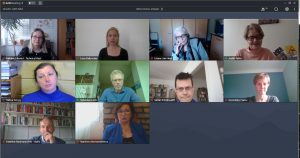
The project Director taking part in the round table event of members of the EEGA-BASEES organising committee summing up a successful conference
